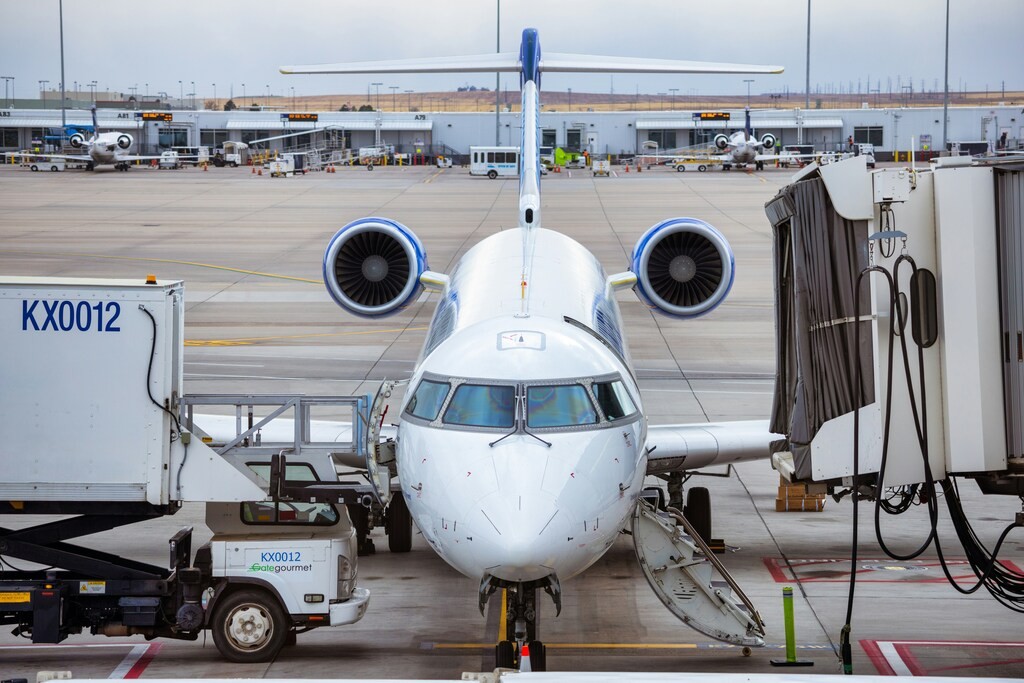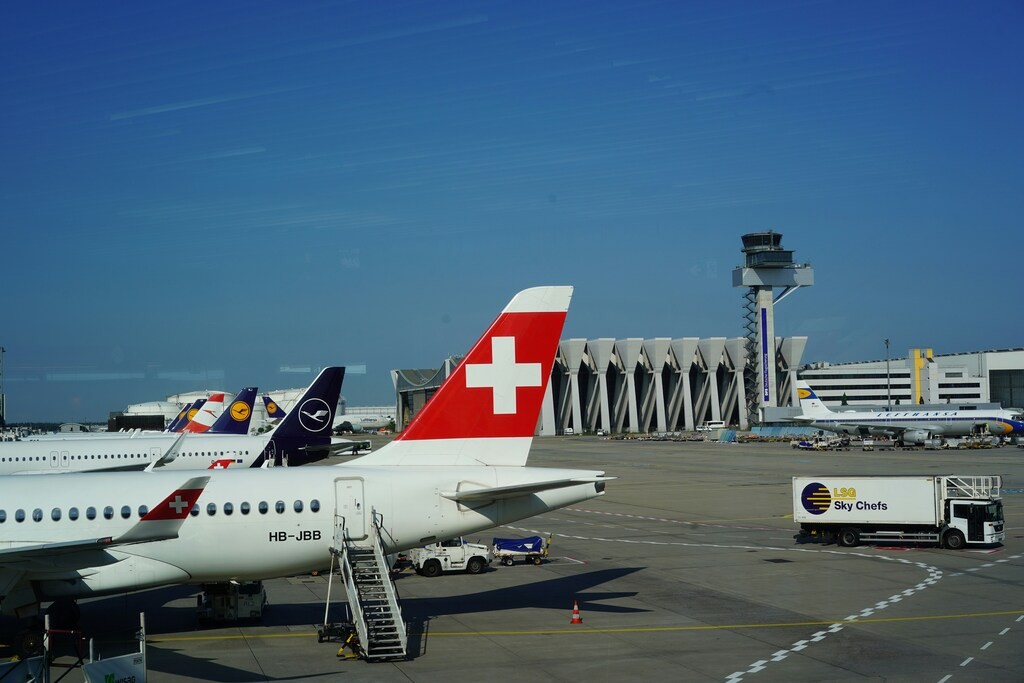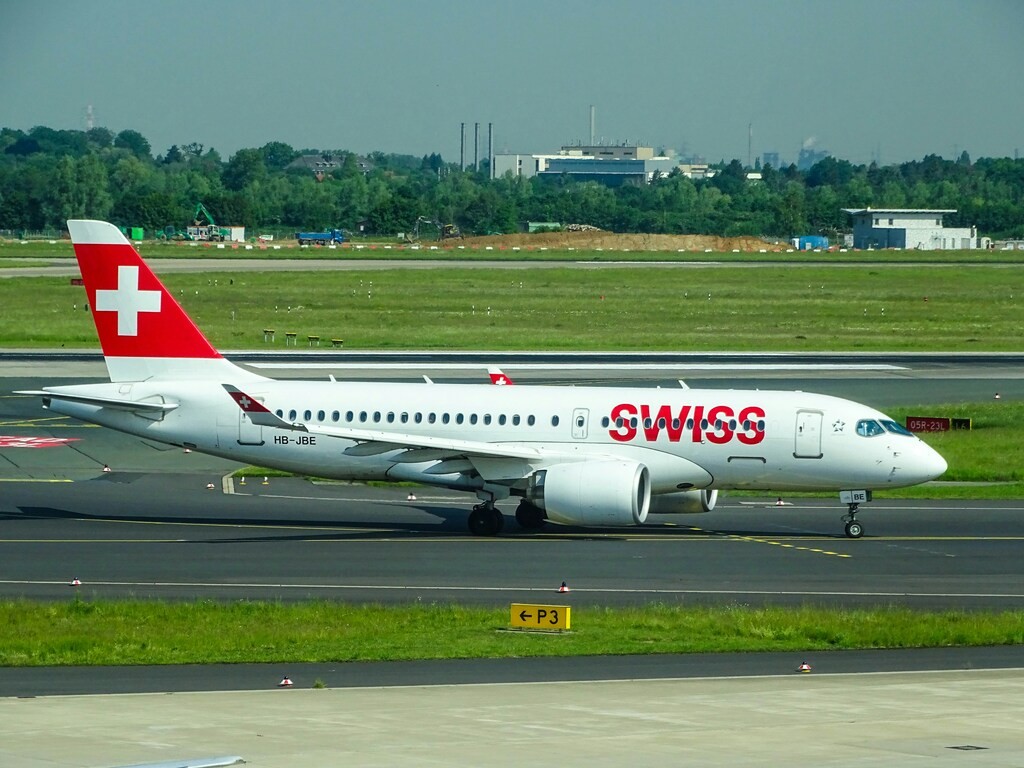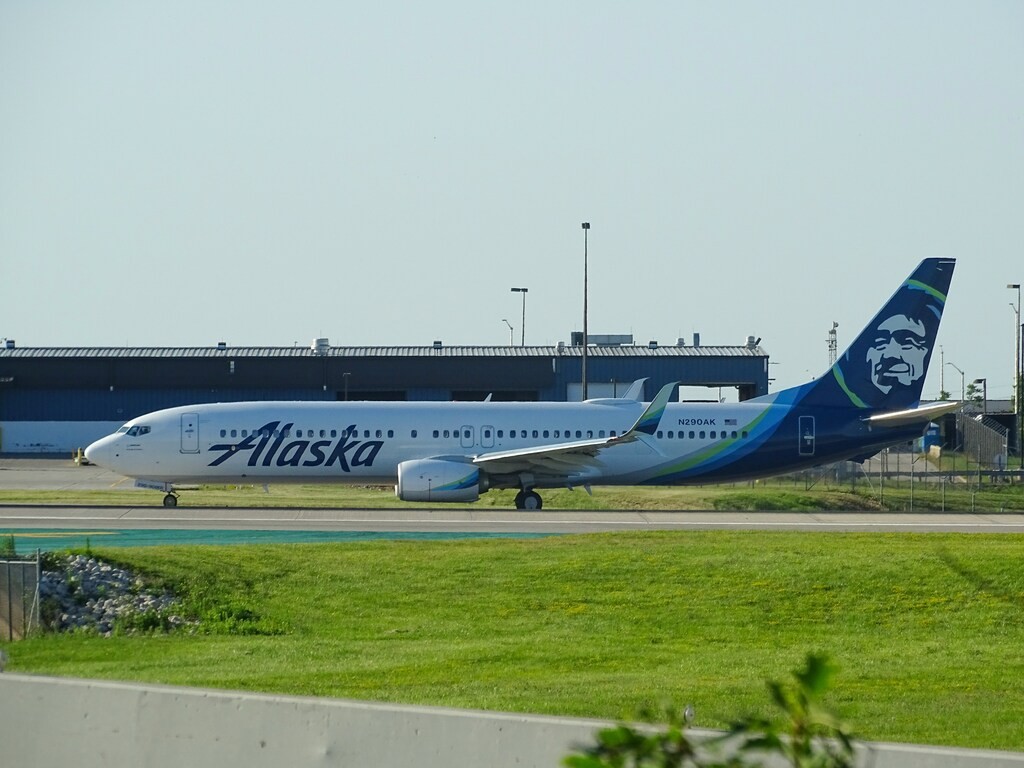When it comes to air travel, the debate between flying economy and upgrading to business class is a perennial one. The allure of added comfort, exclusive amenities, and enhanced service can be tempting, but is it truly worth the additional cost? In this article, we delve into the nuances of business class travel to help you decide if the premium experience justifies the price tag.
At first glance, the difference between economy and business class might seem obvious. Wider seats, more legroom, and superior in-flight entertainment are just the beginning. However, the benefits extend far beyond the confines of the airplane. Business class passengers often enjoy expedited check-in, priority boarding, and access to luxurious airport lounges, transforming the entire travel experience from start to finish.
For frequent flyers, the decision to pay extra for business class can be influenced by a variety of factors. Time-sensitive travelers may value the efficiency of priority services, while those seeking comfort during long-haul flights will appreciate the spacious seating and enhanced amenities. Additionally, for business professionals, the ability to arrive well-rested and ready for meetings can make a substantial difference, potentially offsetting the higher cost with increased productivity.
However, it's essential to weigh these benefits against the financial investment. The price difference between economy and business class can be substantial, and not every traveler will find the additional perks to be worth the extra expenditure. By carefully considering your personal needs, travel habits, and budget, you can make an informed decision about whether business class is a justified indulgence or an unnecessary extravagance.

Business Class: Is It Worth Paying Extra?
Deciding whether to pay extra for business class is a question that many travelers face. The allure of enhanced comfort, better service, and additional perks is undeniable, but the higher cost can be a significant deterrent. To help you make an informed decision, let's delve into the key aspects of flying business class and whether the benefits justify the extra expense.
Comfort and Space
One of the most significant advantages of business class is the enhanced comfort and space. Here are some of the benefits you can expect:
- Seat Comfort: Business class seats are designed for long-haul comfort, often featuring lie-flat beds, more legroom, and wider seats.
- Privacy: Many airlines offer private or semi-private seating arrangements, providing a quieter and more relaxing environment.
- Extra Amenities: From high-quality pillows and blankets to amenity kits with luxury toiletries, the added extras can make your journey more pleasant.
Service and Perks
Flying business class also comes with a range of enhanced services and perks:
- Priority Check-In and Boarding: Save time with dedicated check-in counters and priority boarding, reducing stress at the airport.
- Exclusive Lounges: Access to business class lounges offers a comfortable space to relax, work, or enjoy complimentary food and drinks before your flight.
- In-Flight Service: Enjoy gourmet meals, premium beverages, and attentive service from dedicated flight attendants.
Additional perks can also include increased baggage allowance, faster security screening, and priority baggage handling. These conveniences can significantly enhance your travel experience, particularly on long-haul flights or during busy travel seasons.
Cost vs. Value
While the benefits of business class are clear, the decision ultimately comes down to cost versus value. Here are some considerations to keep in mind:
- Travel Purpose: If you're traveling for business, the ability to work comfortably and arrive well-rested can justify the extra cost.
- Flight Duration: On longer flights, the enhanced comfort and amenities can make a substantial difference to your overall travel experience.
- Budget: Assess your budget and determine if the additional cost aligns with your travel priorities and financial situation.
- Promotions and Upgrades: Keep an eye out for promotions or consider using frequent flyer miles to upgrade your seat without paying the full price.
In conclusion, whether business class is worth the extra expense depends on your personal needs, preferences, and budget. For many, the increased comfort, convenience, and service can make a significant difference, especially on long journeys. Evaluate the factors that matter most to you and decide if the benefits of business class align with your travel goals.

Evaluating Comfort and Amenities
One of the primary considerations when deciding whether to pay extra for business class is the enhanced comfort and amenities it offers. Unlike economy class, business class provides a significantly upgraded experience that can transform your journey, particularly on long-haul flights.
To help evaluate whether the additional cost is justified, let’s break down some of the key elements of comfort and amenities offered in business class:
| Aspect | Economy Class | Business Class |
|---|---|---|
| Seating | Standard seats with limited legroom, typically 30-32 inches of pitch | Spacious seats that often recline fully into flat beds, with 55-78 inches of pitch |
| Food and Beverage | Basic meal service, usually with limited choices | Gourmet meals with multiple courses and a selection of premium beverages |
| In-flight Entertainment | Seatback screens with standard content selection | Large personal screens with an extensive library of movies, TV shows, and music |
| Personal Space | Limited personal space, shared armrests | Ample personal space, often with direct aisle access and privacy partitions |
| Additional Amenities | Basic amenities such as a pillow and blanket | Enhanced amenities including luxury bedding, noise-cancelling headphones, and travel kits |
Business class seats are designed with ergonomics in mind, providing not only more room but also features that enhance relaxation and sleep quality. The ability to lie flat is a significant advantage for long flights, allowing passengers to arrive at their destination well-rested.
The dining experience in business class is also a highlight, with airlines collaborating with renowned chefs to offer a diverse menu. Passengers can enjoy fine dining at altitude, complete with high-quality wines and personalized service.
When it comes to in-flight entertainment, the larger screens and broader selection of content in business class can make a considerable difference, particularly on long journeys where staying entertained is crucial.
Overall, the additional comfort and amenities provided in business class can greatly enhance the travel experience. For many passengers, particularly those on long-haul flights, the extra cost is a worthwhile investment in comfort, convenience, and overall well-being.

Cost-Benefit Analysis for Frequent Flyers
For frequent flyers, the decision to upgrade to business class often hinges on a meticulous cost-benefit analysis. This evaluation encompasses various tangible and intangible factors that can significantly impact the overall travel experience and efficiency.
Time Efficiency: One of the most compelling advantages of flying business class is the time saved at various stages of the journey. Business class passengers typically enjoy expedited check-in, security, and boarding processes. Additionally, they benefit from priority baggage handling, ensuring that their luggage is among the first to arrive at the carousel. For frequent travelers, these time savings can accumulate, resulting in substantial benefits over the course of a year.
Comfort and Productivity: Business class cabins are designed to offer superior comfort, which is especially valuable on long-haul flights. Spacious seating that converts into fully flat beds allows passengers to rest effectively, reducing jet lag and improving overall well-being. Moreover, enhanced in-flight amenities such as noise-canceling headphones, gourmet meals, and ample workspace can significantly boost productivity, making it easier to work or prepare for meetings during the flight.
Health and Well-being: Frequent air travel can take a toll on physical health. Business class offers a more comfortable environment with better air quality, reduced noise levels, and fewer passengers per cabin. These factors contribute to a more restful flight experience, reducing the risk of travel-related fatigue and illnesses. For frequent flyers, maintaining good health is crucial, and the improved conditions in business class can play a vital role in achieving this.
Loyalty Programs and Upgrades: Frequent flyers often benefit from airline loyalty programs that provide points and miles for each flight. These points can be redeemed for upgrades, free flights, or other perks. Business class tickets typically earn more points, accelerating the accumulation process and enabling frequent travelers to enjoy additional benefits sooner. Moreover, elite status within these programs can lead to complimentary upgrades and other exclusive advantages.
Cost Considerations: While business class tickets are significantly more expensive than economy class, frequent flyers must weigh these costs against the cumulative benefits. The ability to arrive at a destination well-rested and ready to work can translate into higher productivity and, potentially, greater earnings. For business travelers whose companies cover travel expenses, the decision may also involve assessing the company's travel policy and budget allowances.
In conclusion, for frequent flyers, the decision to pay extra for business class is not merely about comfort, but about maximizing time, productivity, and overall well-being. A thorough cost-benefit analysis reveals that, despite the higher upfront cost, the advantages of flying business class can offer substantial value, particularly for those who travel frequently for business or other important commitments.

Impact on Productivity and Well-being
Investing in a business class ticket can significantly enhance both productivity and well-being for frequent travelers. The additional comfort and amenities provided in business class create an environment conducive to work and relaxation, which is essential for maintaining high performance levels.
Comfort and Space: The spacious seating in business class allows for a more comfortable and ergonomic experience. With more legroom, reclining seats, and often lie-flat options, passengers can rest properly during long flights. This rest is crucial for reducing fatigue and ensuring travelers arrive at their destinations refreshed and ready to tackle their tasks.
Enhanced Work Environment: Business class cabins are designed to facilitate work on the go. With larger tray tables, in-seat power outlets, and better lighting, passengers can set up their laptops and continue working seamlessly. The quieter atmosphere also minimizes distractions, allowing for better concentration and productivity.
Premium Services: The premium services available in business class, such as expedited check-in, priority boarding, and access to exclusive lounges, reduce stress and save valuable time. These conveniences streamline the travel experience, enabling passengers to focus on their work rather than logistical hassles.
Health and Well-being: Long flights can take a toll on one’s health. Business class often offers healthier meal options and better quality sleep, which can help maintain a traveler's well-being. Reduced stress and better physical comfort contribute to overall health, reducing the risk of travel-related illnesses and burnout.
In conclusion, while the cost of a business class ticket is higher, the benefits to productivity and well-being can justify the expense for many professionals. Enhanced comfort, a better work environment, premium services, and improved health all contribute to making business class a worthwhile investment for frequent travelers aiming to maintain their productivity and well-being.
